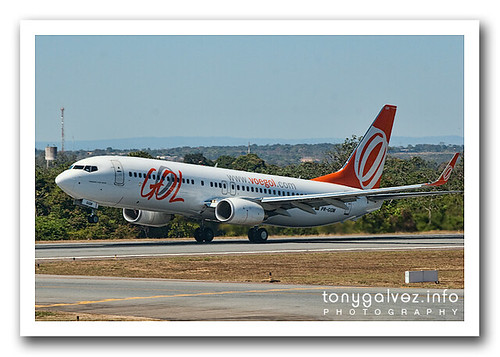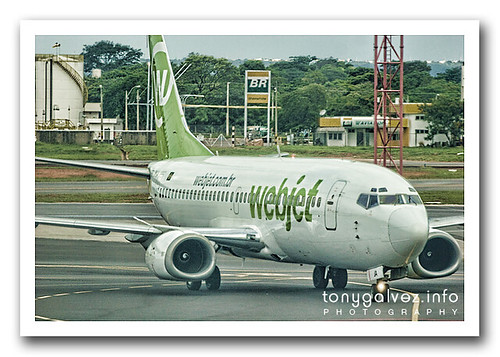Gol acquires Webjet – a regrettable move for the Brazilian aviation market


It’s all over the front pages of the economy sections of the journals: Brazilian airline Gol has acquired its competitor Webjet (Gol compra Webjet por R$ 96 milhões). It was not that long ago that Gol had purchased the then more than fragile Varig.
We’ve got nothing in particular against or for Gol or Webjet. But to see Gol and Webjet go hand in hand, on the one side, and to see Tam and Trip do the same on the other side, means a serious setback to the development of an open civil aviation market in Brazil.
Gol acquired Varig to get rid of a competitor. The company denied it but the fact is that the Varig brand has been all but forgotten.
Tam purchased Pantanal while speaking of strengthening regional aviation. What has happened is quite different. Pantanal is now ceasing to operate regional flights and quite likely the brand will follow the route of Varig. What Tam was really after when it purchased Pantanal was the regional company’s slots at the coveted Congonhas airport in São Paulo.
Tam is now after a substantial share of Trip (Compra da Trip é contra-ataque da TAM à Azul, diz especialista), a regional airline with an excellent flight network who has challenged Gol and Tam in a few markets while at the same time flies to other destinations forgotten by the big airlines. Will Trip follow in the future the path of Pantanal?
Gol is now acquiring an airline who challenges the company with its low fares. Webjet has helped regulate the market. Without Webjet, the big two players will have an easier ride.
Azul, once quite aggresive, and a candidate for acquisition in the future (all Brazilian airlines are up for sale) cannot battle alone the big two.
Avianca, good as it might be is current strategy, is growing very slowly and is also powerless to face the giants.
This is a time where we should be seeing a move away from the concentration of flights in the hands of very few airlines, helping create a market where competition runs free. Unfortunately, the Brazilian aviation market is seeing just the opposite. Concentration poses a real risk for the system.
Of course national airlines should be profitable. But we refuse to believe the Brazilian market is not currently profitable. If national capital doesn’t have the know-how to operate more airlines, perhaps the moment has come for a wider participation of foreign capital with new ideas and proposals. Brazil will not lose its sovereignty due to such move.
Concentration only benefits a few businessmen and the politicians that support them. All we consumers can do now is pray that CADE (the Brazilian body regulating competition) takes a look at the acquisition of Webjet exempt from political interference.









